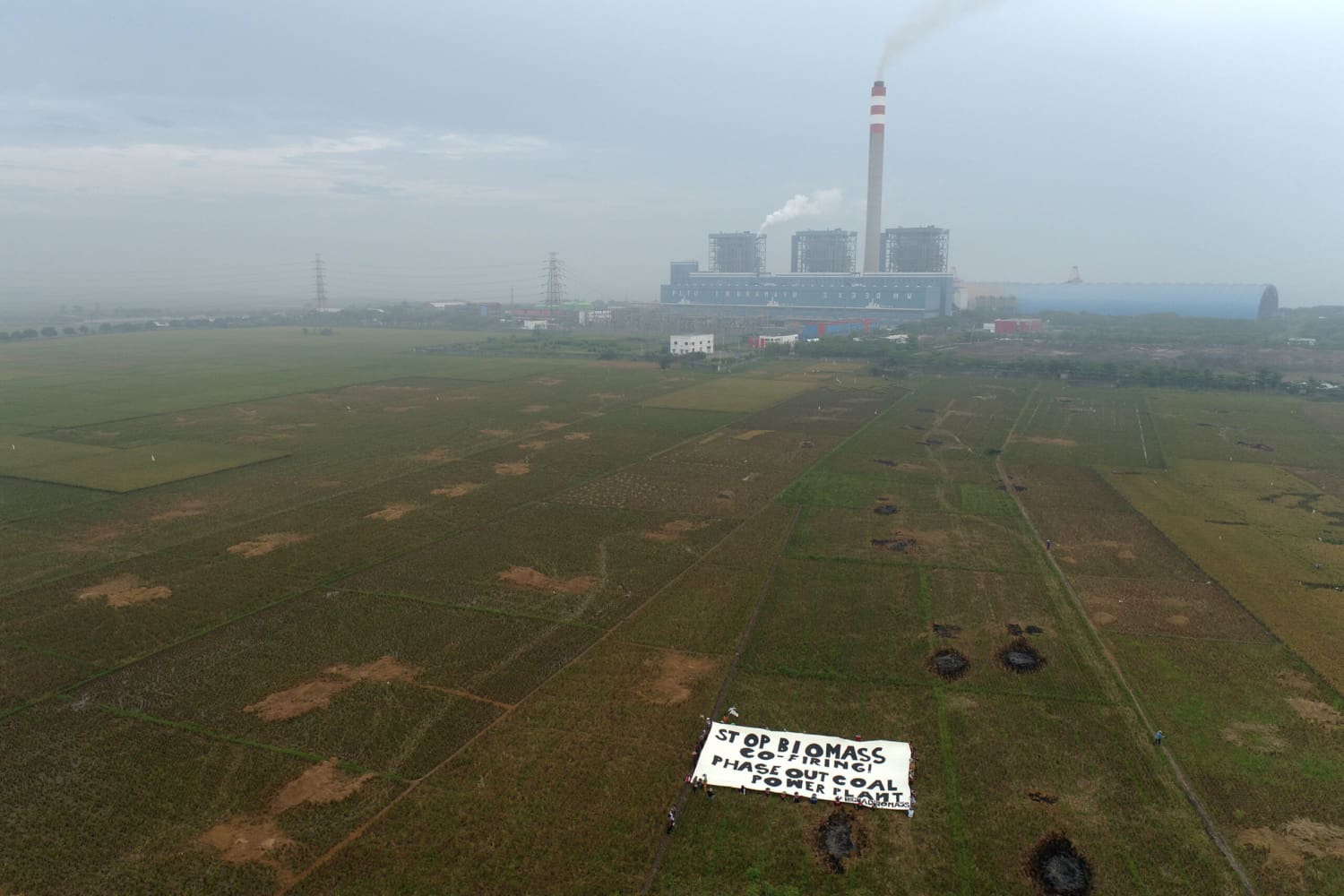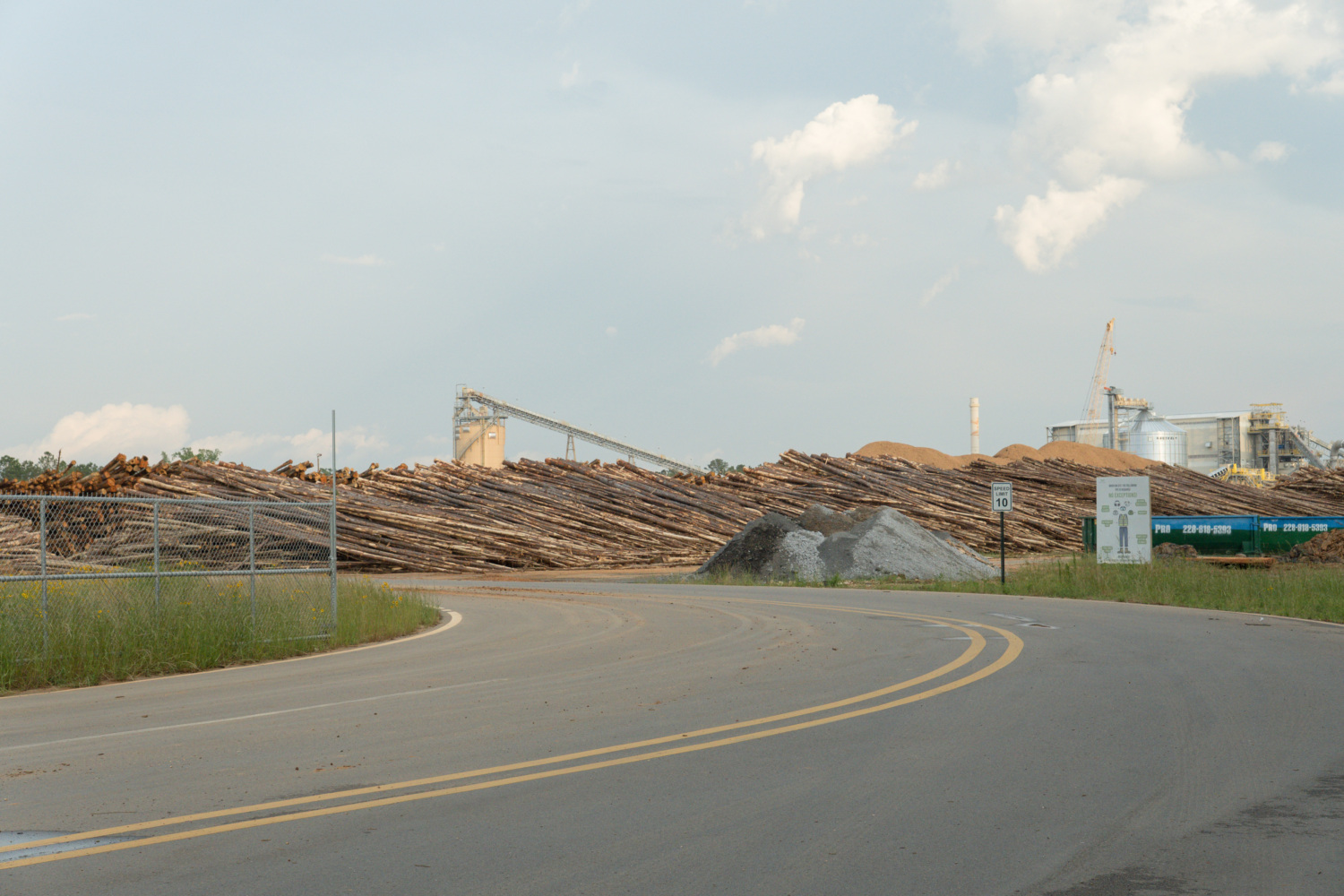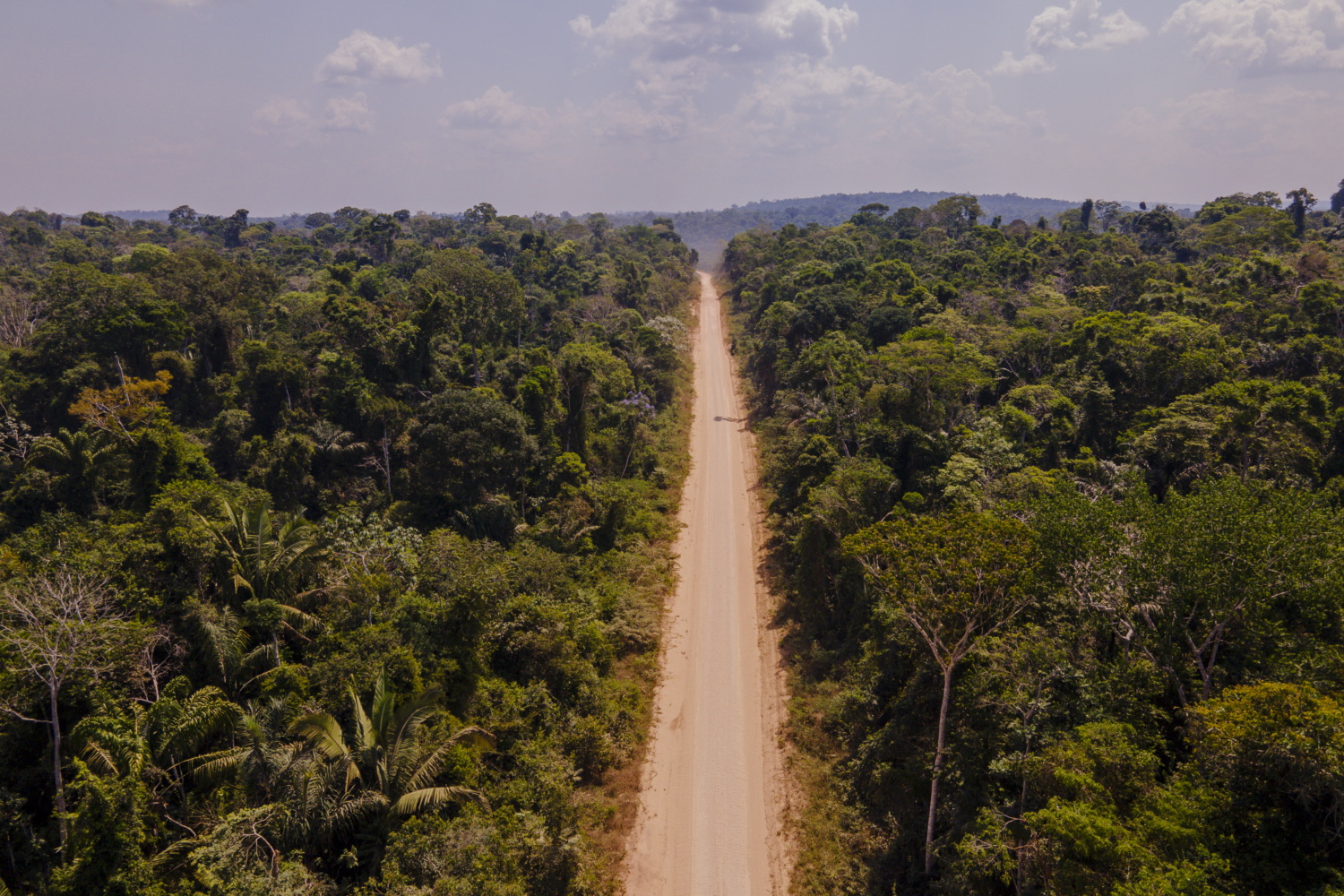
Wasted: How Japan’s Biomass Push in South Asia Lays Waste to Forests, Undermines Climate Progress and Drowns Recipients in Debt
Photo: Melvinas Priananda / Trend Asia
Japan has made a substantial investment in biomass energy at home and is increasingly expanding investments throughout Southeast Asia. While Japan claims this is a strategy to achieve carbon emission reductions, this is only true on paper. Biomass is not carbon neutral; instead, it creates significant carbon emissions throughout its lifecycle with large variances based on the source of the wood. Co-firing with biomass extends the lives of coal power plants, one of the dirtiest methods of energy production. Biomass cannot scale without significant negative impacts to forest ecosystems, and this threatens global efforts to protect the biodiverse forests of Southeast Asia.
While there has been major international scrutiny of Japan’s moves to co-fire fossil fuels with ammonia and hydrogen, burning biomass at coal power plants is happening at a significant scale today, but has received only a fraction of the attention. This strategy of promoting biomass diverts critical resources away from truly low-emissions energy sources such as wind and solar.
Biomass will not help Japan be self-sufficient in the power sector. Japan relies on imported fuels for 84.8% of its energy; the risks of importing energy are well detailed. The associated costs, waste, and logistical challenges make biomass importation an unsustainable and non-viable option. This heavy reliance on imports also exposes Japan to significant energy security risks.
By examining more than 130 projects across Southeast Asia, our findings show that these subsidized plants are not the realistic energy transition solutions they claim to be for these countries either. When examined at the country level or by individual project, the projects detailed in our Japan Biomass Collaboration Tracker do not show a benefit for Japan or partner countries. The carbon reductions are not real when total emissions are considered, the supply needed to scale does not exist, increasing supplies creates significant environmental harm, and government subsidies are necessary in perpetuity to sustain these projects.
Japan should not invest in promoting this impractical technology which has harmful environmental impacts on Southeast Asia, including risks to forests.


